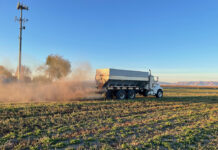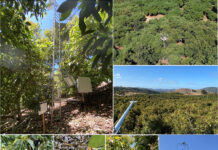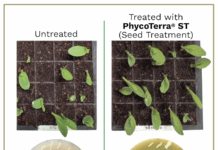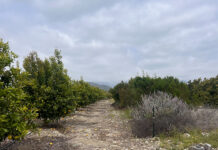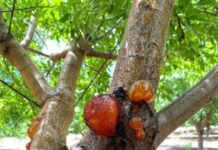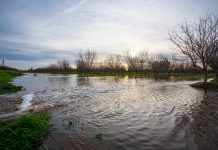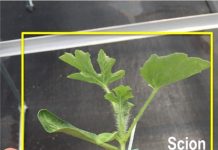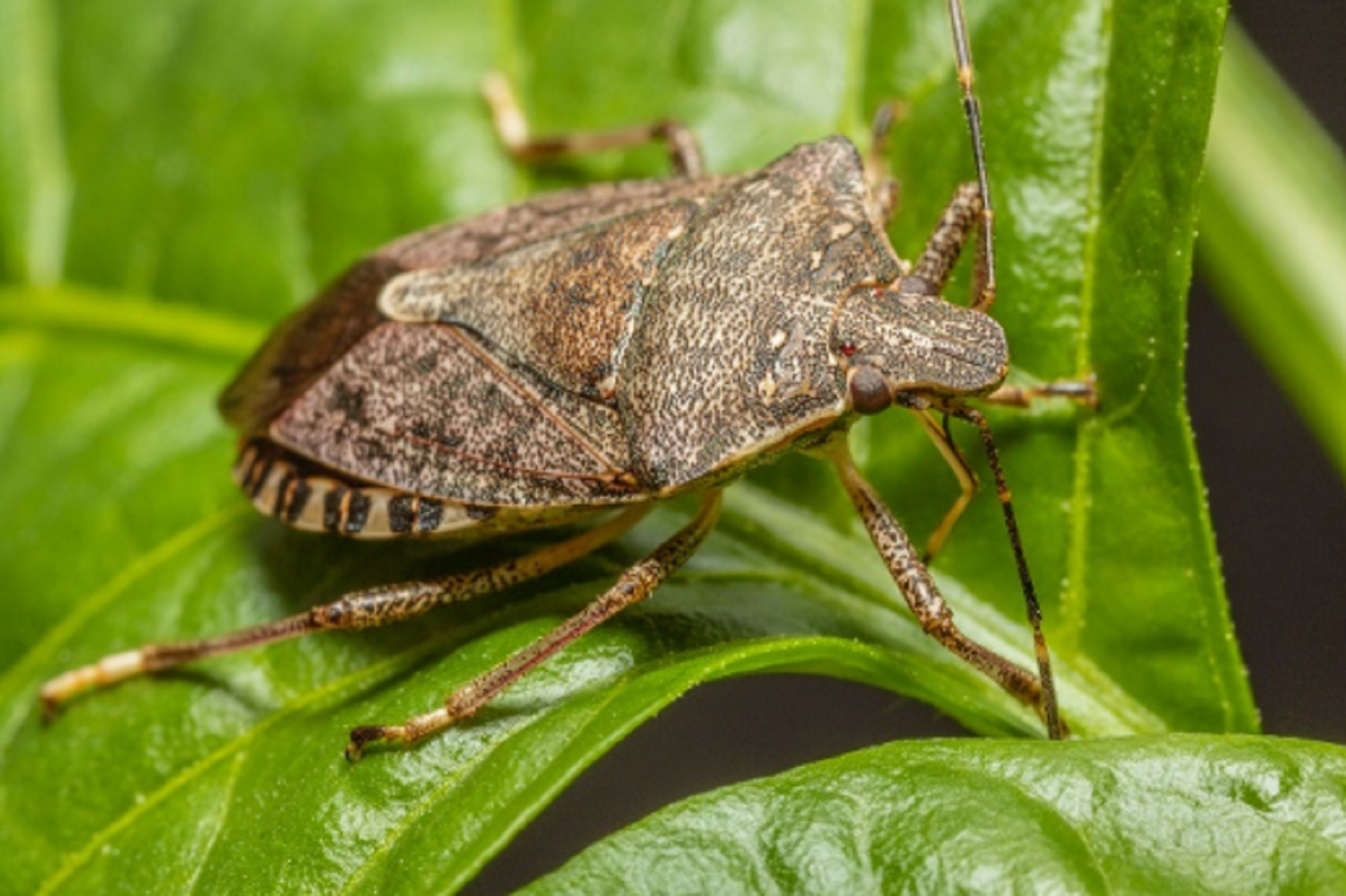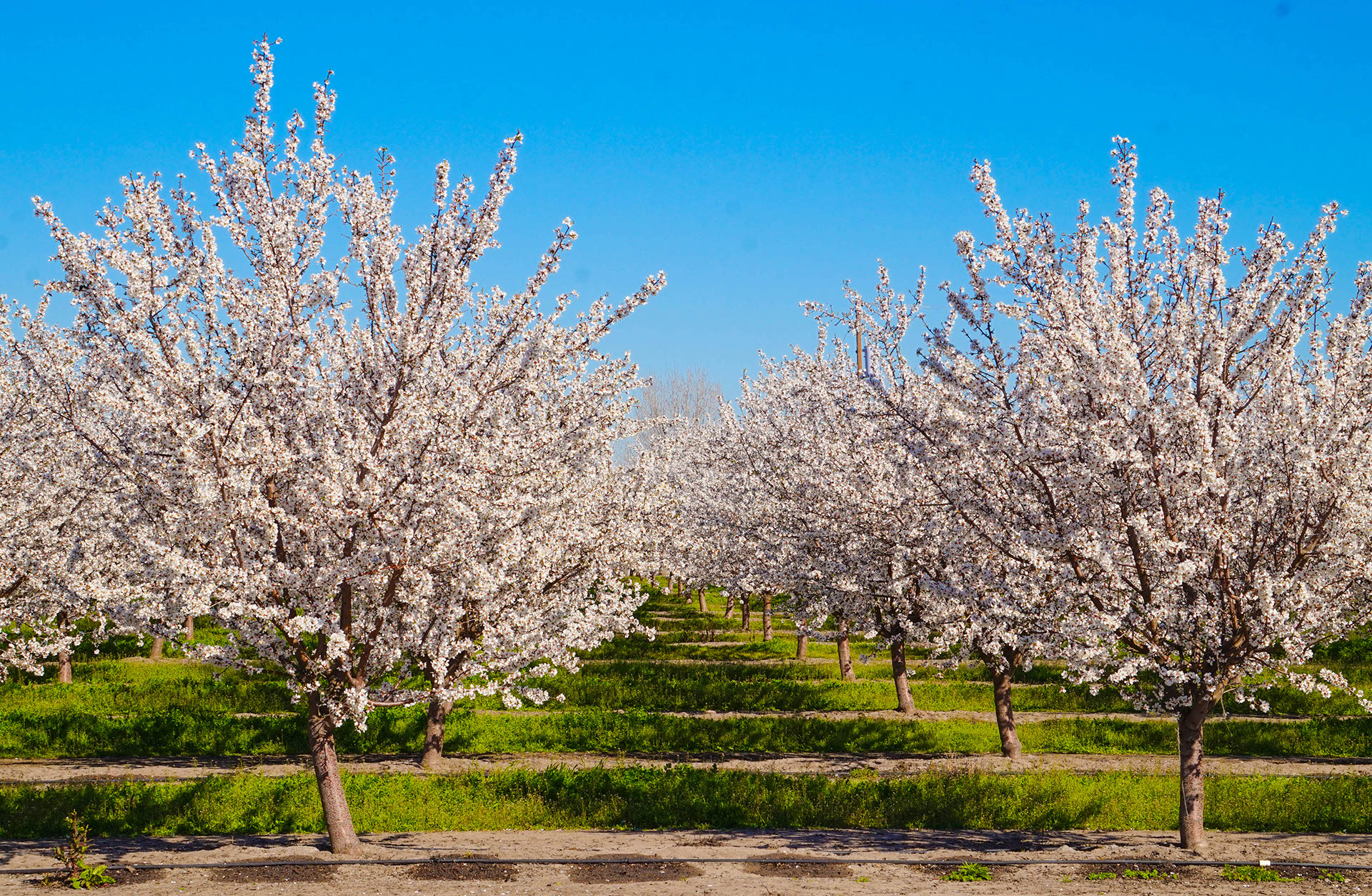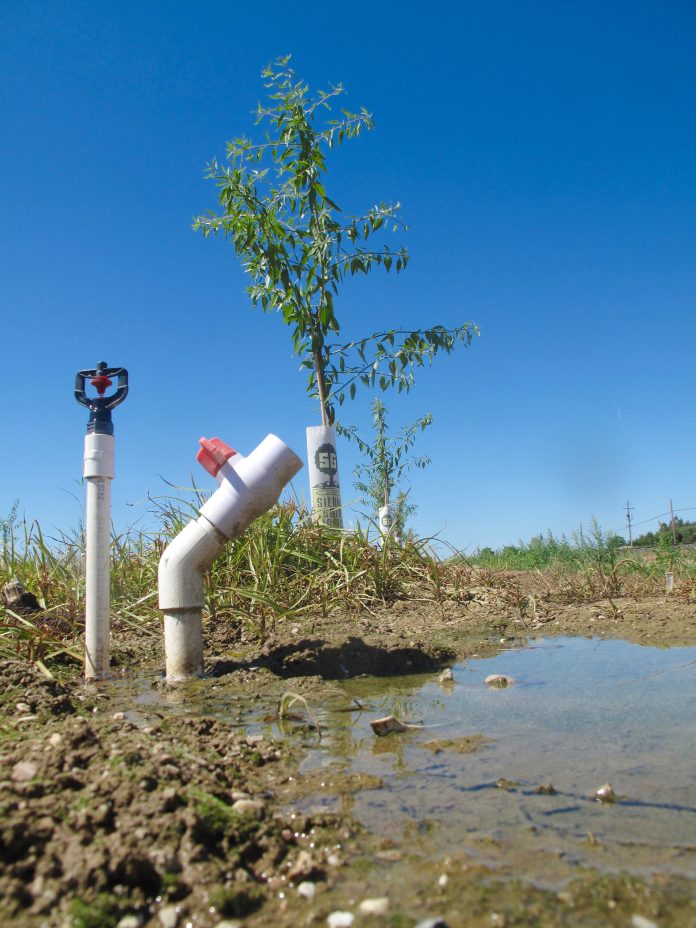
Climate change adaptation management strategies to ensure a future for irrigated agriculture are under development by a team of UC Davis researchers.
Isaya Kisekka, UC Davis professor in agrohydrology and irrigation, is leading the team of climate, plant and soil scientists, along with hydrologists, engineers and economists. They will work with groundwater sustainability agencies to develop tools and data to enhance water management at the farm and groundwater basins scales. The practices, models and tools developed could be used by growers, policy makers, irrigation districts, coalitions and GSAs to address effects of extreme climate events.
Part of the five-year project includes looking into aquifer systems in California’s Central Valley, central Arizona and the lower Rio Grande basin in New Mexico. These regions have all experienced unprecedented overdraft.
The negative effects of overdrafting groundwater basins, Kisekka said, is the lowering of groundwater levels, subsidence and deterioration of groundwater quality.
Management practices to improve soil health, develop alternative water supplies and reduce water demand will be sought by team members with a goal of continued production of agriculture crops, including grapes, vegetables and almonds.
The project team will also establish education and extension resources to inform the public about the importance of agriculture.
While the depletion of groundwater supplies, among other factors, puts major pressure on agricultural operations in the southwest region, Kisekka said he hopes the management practices and tools that will be developed during this project will help improve production and resource sustainability and make the region more resilient to climate change. UC Davis will establish the Agricultural Water Center of Excellence as part of the $10 million grant from the USDA’s National Institute of Food and Agriculture.
UC Davis’ Center for Excellence will also have the capacity to support agricultural water research, education and extension activities at collaborating institutions.
“We hope at the end of the day we can still grow food in California and the southwest in general without drying out our groundwater aquifers. We have to learn to adapt to climate change. We may not be able to stop it, but we can learn to adapt,” Kisekka said.
Researchers from UC Berkeley, UCANR, Stanford, CSU Fresno, University of Arizona, New Mexico State University, USDA-ARS and Water Management and Conservation Research in Maricopa, Ariz. along with the USDA Climate Hub are participants in this project.



